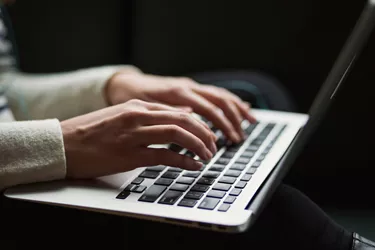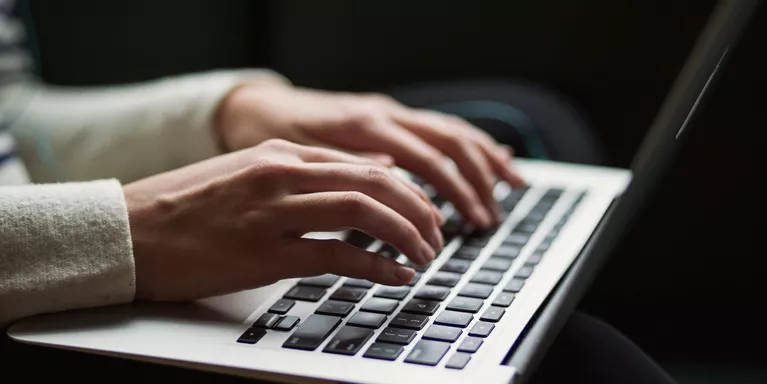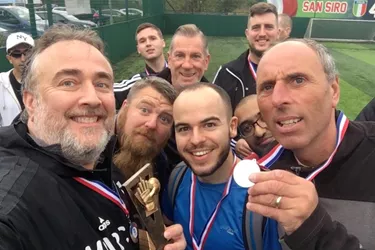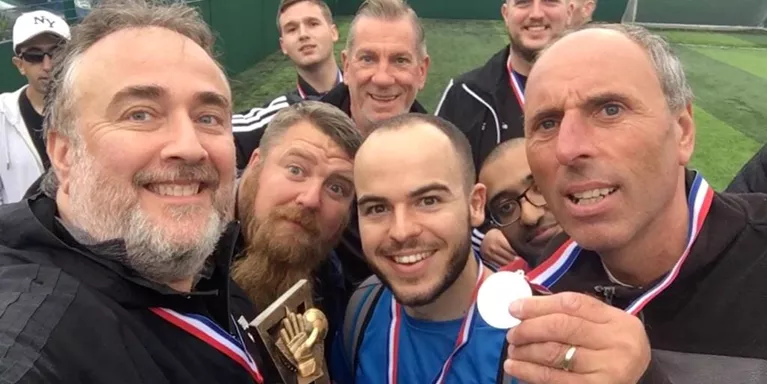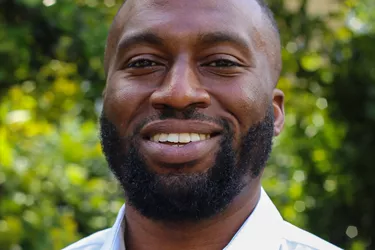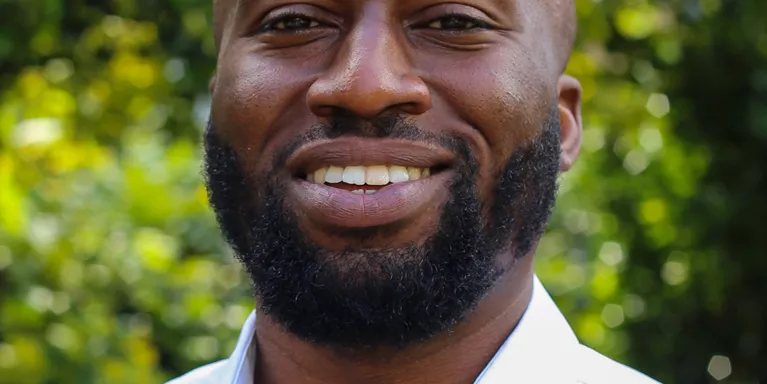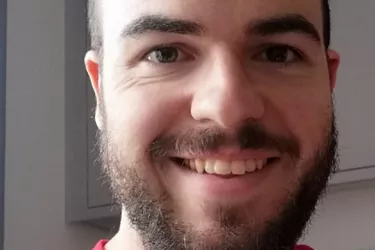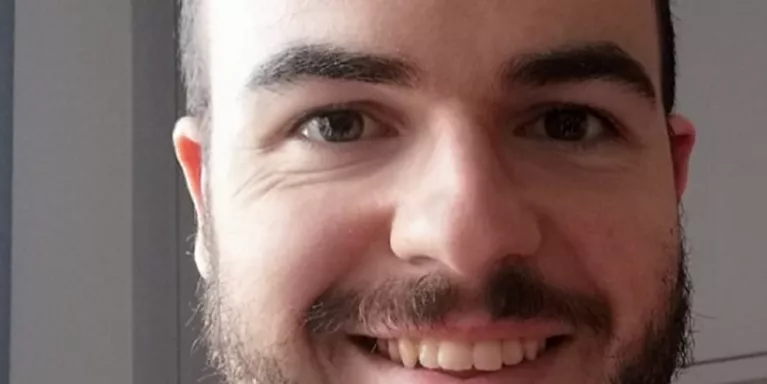Getting sober from social media
Jessica blogs about the damaging effects of social media on her mental health and how living without it has helped her recalibrate her life.
I used to run social media accounts as my job. From trending Twitter topics to creating memes, social media felt like a language and I was fluent. Whisking up social media content was my dream job and I put my all into it. Spending so much time online was detrimental to my wellbeing and my mental health took a nosedive. I ended up being sectioned under the Mental Health Act with psychosis and later, schizoaffective disorder.
The drawbacks of being ‘social’
Social media isn’t the reason I went through psychosis, but it was intertwined with my journey to rock bottom. When you work in social media, you’re immersed in it. Replies are often expected and encouraged outside of office hours and the lines between professional and personal start to blur. In my experience you’re usually expected to use your own personal phone to post on platforms like Instagram and you’re meant to be constantly switched on looking for opportunities for the brand to make the most of.
This ‘always-on’ mentality meant that I often worked long after office hours were over. There was also the expectation to have my own following and my life outside of work was dedicated to posting content on my own feeds where I had several thousand followers of my own. It’s worth remembering too that the tides of social media can be temperamental and there’s always the lurking threat that an ill-thought out tweet will come back to haunt you.
Losing my grip on reality
Although at the time I felt I had the job of my dreams, it was taking a significant toll on me. I threw myself into work, spending long hours in the evenings and at weekends creating content. The harder I worked, the more I lost my grip on reality. I was having trouble telling what was real from what wasn’t and I started getting the strange sense that people on social media were talking about me. Scrolling became painful and confusing. As I had to do it for my day job, I couldn’t just take a Twitter breather. Any time I saw a critical or negative post I thought it was aimed at me and I started to find it traumatic to scroll through social media.
“I thought that everyone I knew on social media was laughing at me and plotting against me.”
I went into A&E and was diagnosed with depression and anxiety and took a week off work. As a result, I lost my job and things started to go downhill from there. I went freelance, managing social media campaigns for start-ups and local businesses. By this point I knew that something was very wrong and I found I was even struggling to read and write. Around a year after I first noticed the symptoms, I had a psychotic breakdown.
By this time I thought that everyone I knew on social media was laughing at me and plotting against me. The world contained ‘signs’ which were hidden in things such as graffiti and social media posts and I felt I could decode them to understand a greater conspiracy against me. When I was sectioned I was so ill that I had no idea I was in a psychiatric hospital and instead thought I had been kidnapped. Several times I actually escaped from the hospital and was brought back by the police because I didn’t understand what was going on.
My memories of this time are hazy but I had strange thoughts such as that the people around me were actors, that I was on television, that I was being inducted into a cult, and that I was a research experiment. I thought that the medication they were giving me was poison and spat it out if there was an opportunity to do so. I was placed on antipsychotics, and within a few months the delusions began to fade. Unfortunately by this point, I’d been forced to sell my house and I moved back home with my parents.
Reinventing my relationship with social
When I had started to recover, I decided I needed to reinvent my relationship with social media for the sake of my sanity. It’s nearly impossible to cut out social media completely, but I didn't have social media “profiles” anymore. I deleted my Twitter, my Facebook and even my Instagram account. The first thing I noticed without social is that I would get the antsy feeling like I needed to photograph things which I thought were cool or quirky. This instinct is a strange one and it fades with time. Now I try to appreciate the moment instead of snapping everything with my camera to share with an audience.
I’ve given up alcohol as well as social media, but it’s social that I find the hardest to stay clean from. Social media is inescapable. There’s a certain irony to the fact this post itself will probably be posted on social media. But that’s how the world works these days. I might not be part of the social media landscape so much any more, but the rest of the world has stayed connected.
“I’m not blaming social media entirely for the decline of my mental health but it is inextricably intertwined to the loss of my sanity.”
When I was in hospital there was the phrase “virtual insanity” scrawled onto one of the walls with a marker pen. Although at the time I thought this was part of the conspiracy, now it means more to me than the Jamiroquai song of the same name. It represents my journey through social media and back again.
I’m not blaming social media entirely for the decline of my mental health but it is inextricably intertwined with the loss of my sanity. Before, I was very preoccupied with how my life appeared from the outside looking in. These days I try to focus on reality rather than the virtual world. I’ve recalibrated my life to focus on the things that matter to me: being kind to the people around me and my own wellbeing.
Going sober from social has helped me recalibrate my life and make more time for creative pursuits. It has also made me focus on reality rather the the virtual world.
After several years of life without social media, I've taken my first tentative steps back to the online world by setting up a Twitter account. I'm limiting my usage and will always be aware of its dangers. Although social media led to my rock bottom, I hope that I can use my account to help make people aware of psychosis and share my experiences to benefit others going through similar experiences.


Information and support
When you’re living with a mental health problem, or supporting someone who is, having access to the right information - about a condition, treatment options, or practical issues - is vital. Visit our information pages to find out more.
Share your story with others
Blogs and stories can show that people with mental health problems are cared about, understood and listened to. We can use it to challenge the status quo and change attitudes.










